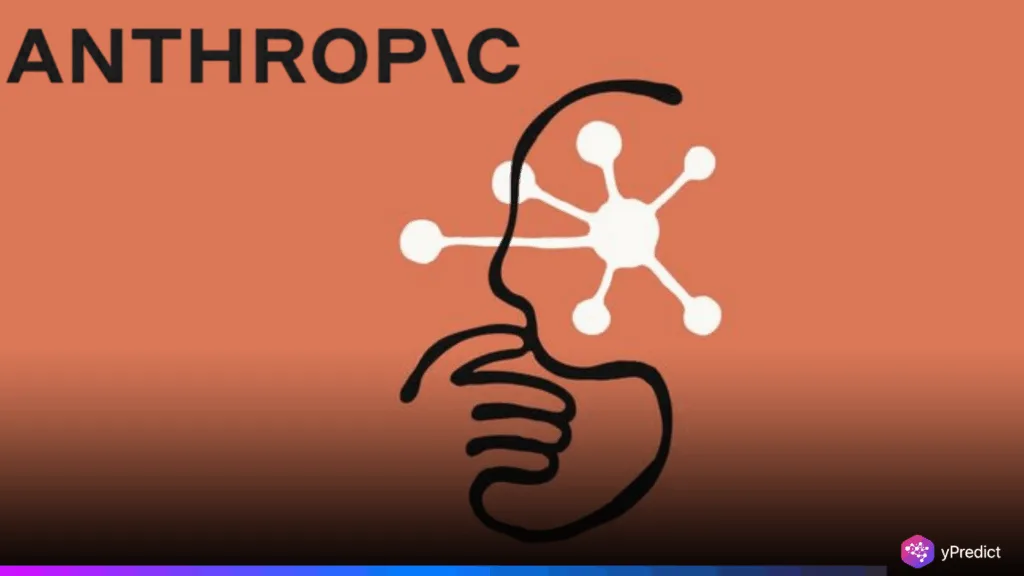
Anthropic, the AI startup known for Claude, just agreed to shell out $1.5 billion. This is to settle a major lawsuit involving the use of pirated books in its training data. This is the first major copyright dispute of its kind in the AI sector.
Founded by Dario and Daniela Amodei, Anthropic’s move marks a significant turning point for both creative professionals and tech companies. Thus, the message here is clear that leveraging creators’ work without proper compensation is no longer just a minor offense. Remember, it comes with a real price tag.
AI Copyright Case Redefines Author Rights
Anthropic is set to pay approximately $3,000 for each of the 500,000 works impacted by the copyright settlement. As part of the agreement, the company must also delete any unlawfully acquired content. Thus, this is a significant move, representing a notable shift in industry practice.
The core issue is that training AI models on legally obtained books might fall under fair use. However, using pirated materials is a clear violation. Additionally, legal analysts are calling this payout one of the largest copyright recoveries to date. The settlement still needs judicial approval. Authors have the option to opt out and pursue individual claims if they wish.
Notably, this marks the first class action settlement related to AI and copyright in the U.S. technology sector. Anthropic hasn’t admitted fault, yet the size of the settlement signals changing expectations around data use. The industry and the courts are watching developments closely.
Could Copyright Settlement Change Future AI Training?
The whole situation kicked off after Judge Alsup’s ruling in June. Claude essentially drew a line using specific licensed materials, which may be fair game. However, Anthropic is storing millions of pirated books? That’s a serious alert. The legal filings don’t mince words either; over 7 million unauthorized copies were sitting in their repository.
Additionally, this ended up in court; the damages could’ve been catastrophic for Anthropic. We’re talking numbers in the hundreds of billions, which could threaten the company’s entire future. With major companies like Amazon and Google in their corner, Anthropic faced a make-or-break moment.
Now, the industry’s watching closely, expecting a ripple effect as similar lawsuits almost certainly head toward other AI companies. The resolution here is likely to accelerate formal licensing agreements between tech firms and content owners. One thing’s for sure that this settlement has made data provenance a front-and-center issue for everyone in the AI space.
How Will Copyright Cases Shape Future AI?
This copyright settlement finally attaches a clear value to individual creative works, giving authors a much-needed seat at the table. For tech companies, this isn’t just a suggestion; it’s a mandatory shift. They can’t just scrape content from anywhere anymore.
Legal attention is now focused on industry titans like OpenAI and Meta. They are more likely to negotiate agreements up front and minimize needless risk than to take a chance on expensive litigation. Meanwhile, regulators are paying close attention and will probably roll out accurate guidelines for AI training and data use.
The implications? They go well beyond a single case. This settlement could set a global precedent for how AI models are developed. This is pushing the entire industry toward more transparent and ethical practices. For creative professionals, this establishes a framework for collective negotiation.
AI Copyright Opens New Era For Creators
The Anthropic copyright settlement is a major inflection point for the industry. The $1.5 billion payout makes it abundantly evident that creators and their rights are now taken seriously. Furthermore, AI firms cannot continue to treat internet content as a free-for-all.
The era of grabbing pirated books for training data is done. Moving forward, anyone developing AI needs to get serious about respecting intellectual property and reevaluating how they source their data. The landscape’s changed, and ignoring creator rights is no longer an option.






